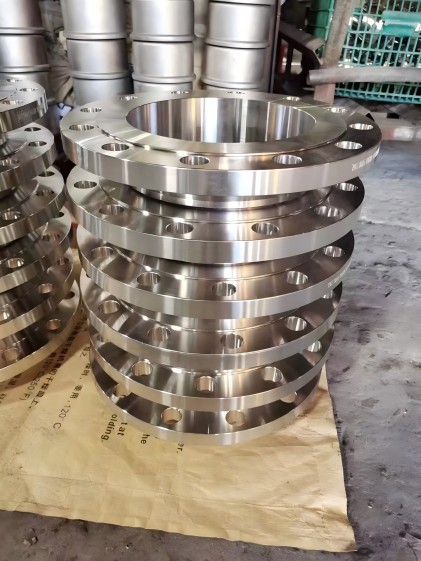Stainless steel flanges are essential components in various industries, facilitating the connection of pipes, valves, and other equipment. They play a crucial role in maintaining the integrity and efficiency of piping systems, particularly in environments where corrosion resistance and strength are paramount. In this article, we will explore the characteristics of stainless steel flanges and the benefits of CNC (Computer Numerical Control) machining in their production.
What are Stainless Steel Flanges?
Flanges are mechanical components used to join two or more sections of a piping system. Stainless steel flanges are favored for their excellent resistance to corrosion, high-temperature stability, and overall durability. Common grades of stainless steel used for flanges include 304 and 316, each offering unique properties that make them suitable for various applications.
Applications of Stainless Steel Flanges
Stainless steel flanges are widely used in industries such as oil and gas, chemical processing, water treatment, and food and beverage. Their versatility allows them to withstand harsh conditions while ensuring leak-proof seals in critical operations. Some of the common types of flanges include:
Weld Neck Flanges: Ideal for high-pressure applications, these flanges are welded to the pipe to form a strong connection.
Slip-On Flanges: Easy to install, these flanges fit over the pipe and are generally welded in place.
Blind Flanges: Used to seal the end of a pipe system, blind flanges prevent flow and protect against external contaminants.
The Role of CNC Machining in Flange Production
CNC machining has revolutionized the manufacturing of stainless steel flanges, enabling high precision and consistency in production. Unlike traditional machining techniques, CNC machining automates the process, allowing for complex designs to be produced with minimal human intervention. This technology ensures that each flange meets stringent quality standards and specifications.
Key advantages of CNC machining in flange manufacturing include:
1. Enhanced Precision: CNC machines operate with incredible accuracy, ensuring that the dimensions of each flange are exact, which is critical for proper installation and operation.
2. Scalability: CNC machining allows manufacturers to efficiently produce large quantities of flanges without sacrificing quality, making it easier to meet market demands.
3. Customization: With CNC technology, manufacturers can easily customize flanges to suit specific application requirements, including varying sizes, thicknesses, and configurations.
4. Reduced Lead Times: The automation and efficiency of CNC machining significantly decrease lead times, allowing for quicker turnaround on orders.
Conclusion
Stainless steel flanges play a vital role in ensuring the reliability and efficiency of piping systems across a variety of industries. The integration of CNC machining into the manufacturing process enhances the quality, precision, and customization of these essential components. As industries continue to evolve, the demand for reliable and durable stainless steel flanges will only grow, making the role of advanced manufacturing techniques even more critical.
For more information on stainless steel flanges and our CNC machining services, feel free to contact us or explore our listings on global sourcing platforms. Your satisfaction and the success of your projects are our top priorities.
Post time: Feb-07-2025

